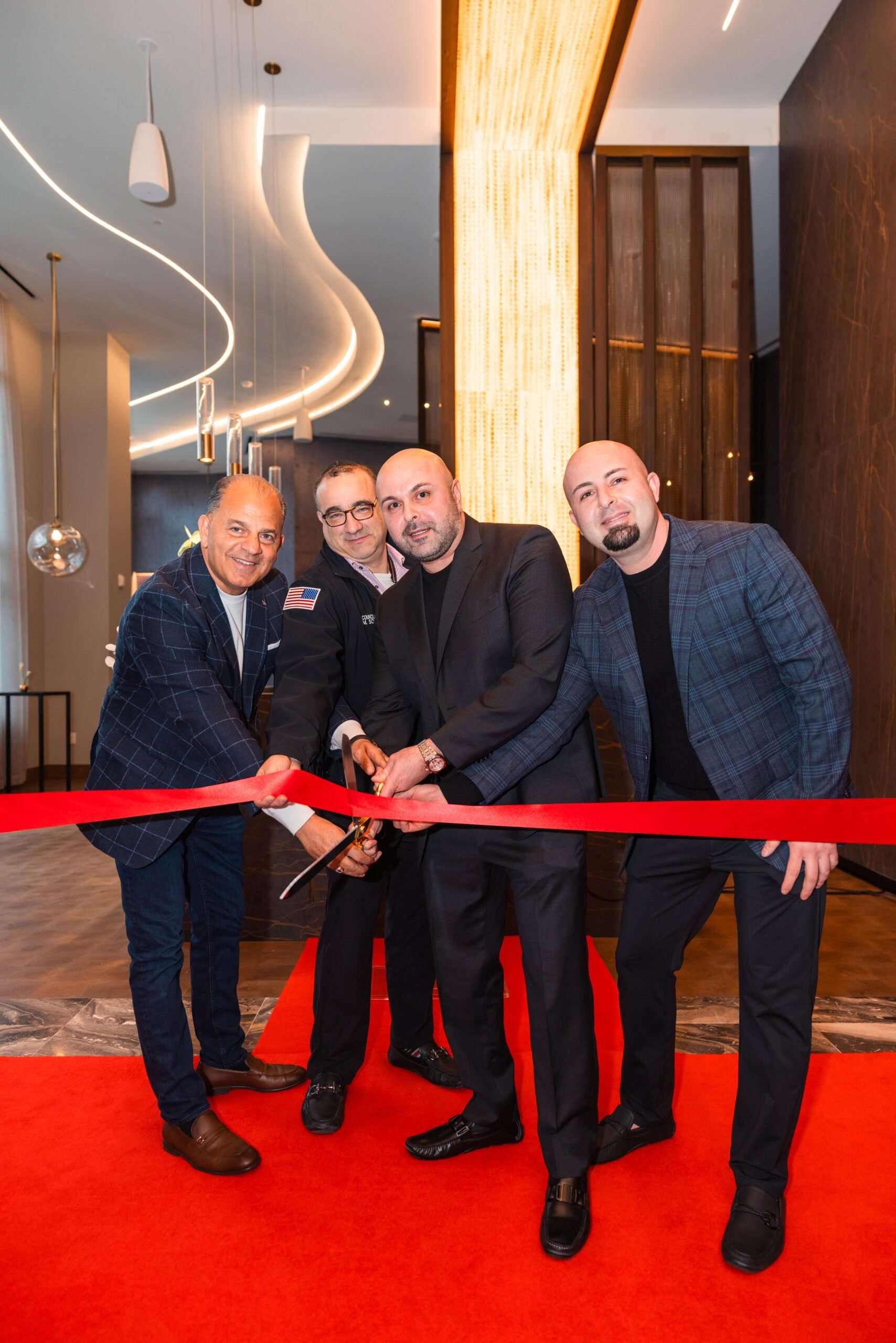With the exception of the occasional walk, we are totally staying in our home. Our amazing children do not let us forget that they are around 24/7. Puzzles, magazines, books, frozen coffee for Zaidie from Dunkin Donuts—whatever we need, they are supplying it. Our life at times is extremely boring because our interaction with the world is so stymied. True it is a great opportunity to clean out closets and throw things out, but who has the motivation? Even our friend Susan, owner of the Montreal company “Organized Success,” said that she doesn’t feel motivated to do things that would usually take her one hour. She just looks at things and joins the club of procrastinators.
Every ache, every pain is an unconscious suggestion that “yes, we might have ‘it.’” Paranoia has taken over at certain moments. Certainly the media does not help, with its constant reporting (we know that is the media’s job) of every little detail about who has it and how young they are. They tell us that the possibility might come, in time, where there will have to be a choice made to determine who should get the remaining respirators—a young person or an older person (like us). If we had to think about it all the time we could become paralyzed with fear.
On the other hand, a much more devastating result of our isolation is the effect that it seems to have on a person with vascular dementia (Mordechai). All of the stimuli which took up his days each week have been removed from his life. Videos and shiurim are not a source of satisfaction, and sleep takes up a good part of the day. It is painful and heartbreaking to observe. It is an unusual time when great grandparents, grandparents, parents, children and grandchildren are all experiencing history at the same time. Young adults ask us if we have ever experienced anything like this and of course the answer is in the negative. As we have always felt about various blows that our life has received, we will work on coming out of this stronger—whenever the end shall be.
As all-absorbing and devastating as this situation is, we are attempting to adjust to the new reality in our lives while still acknowledging how much hakarat hatov we must give each day. Doctors on the front lines, nurses, orderlies, technicians, dieticians, nutritionists, pharmacists––all those who work every single day and are not staying home because they are fearful of becoming ill. Their dedication is beyond what they would have ever imagined they would need to face.
Friends whose husbands and children are in these fields are worrying constantly. When we encouraged our children to go into these helping fields, did any of us ever fathom that we are now sending them off to a totally new environment where their lives might be in danger? There will come a day when this plague will be over and it is incumbent upon every one of us to never forget the dedication and love which these medical professionals showered upon their patients. Humanity has a tendency to forget when things are going relatively smoothly, and we must let this be a lesson to all of us about how much we owe each and every one of them.
People have mentioned the sacrifices of their mailmen and delivery men, and the services provided by local restaurants and grocery stores that are doing their utmost to provide adequate food and provisions to the entire community. No, it was not supposed to be this way and it is for that reason that we need to have extra patience when things are delivered later than expected, when perchance an order is overlooked, when phone lines are busy time and again, and when not everything in an order is exactly as was requested. Now is the time for gratitude. It is not the time for complaining and publicly shaming different establishments. No one ever could have imagined this scenario. Appreciate and be grateful for the good, as people shop for each other, call the elderly and isolated and create a chain of responsibility to each other throughout the area.
We are proud of this community and we are strong. We are looking forward to the days when the parks will again be filled with children playing, when our batei knesset will be vibrant once again and life will return to a state of normalcy, although we imagine that this will have an indelible mark on all of us. Will we slow down? Will we appreciate the little things more? Will we show hakarat hatov to those around us? Let us hope that this is the message that we will all take away from this trying time.
By Rabbi Mordechai and Nina Glick











